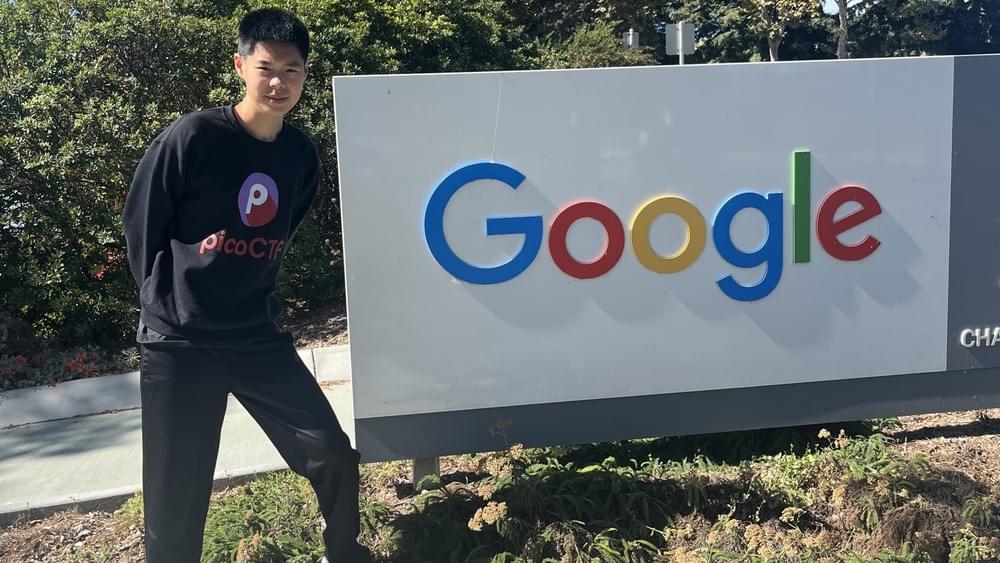The Earth spins at different rates depending where you are on the globe. If it started to spin faster, you’d eventually be too dead to worry about it.
Category: futurism – Page 463



Pioneering study finds predictive biomarker in lung adenocarcinoma
Although the transcriptomic signature of the tumor could not predict recurrence or the risk of progression, that of the TAN sample could successfully predict the recurrence of the disease and aid the stratification of patients into high-and low-risk groups.
This indicates the potential role of TAN tissue in future recurrence and its utility in predicting prognosis. However, TAN tissue could not accurately predict the formation of a new primary tumor.

HAARP artificial airglow may be widely visible in Alaska
Alaskans and visitors may be able to see an artificial airglow in the sky created by the High-frequency Active Auroral Research Program during a four-day research campaign that starts Saturday.
Scientists from the University of Alaska Fairbanks, Cornell University, University of Colorado Denver, University of Florida and Georgia Institute of Technology will conduct a variety of experiments at the UAF-operated research site.
The experiments will focus on the ionosphere, the region of the atmosphere between about 30 and 350 miles above the Earth’s surface.




Tuberculosis exposure at day care prompts ‘urgent’ testing for 500 children
Tuberculosis can advance rapidly in young children, creating an “urgent situation” after hundreds were potentially exposed at a YMCA day-care facility.